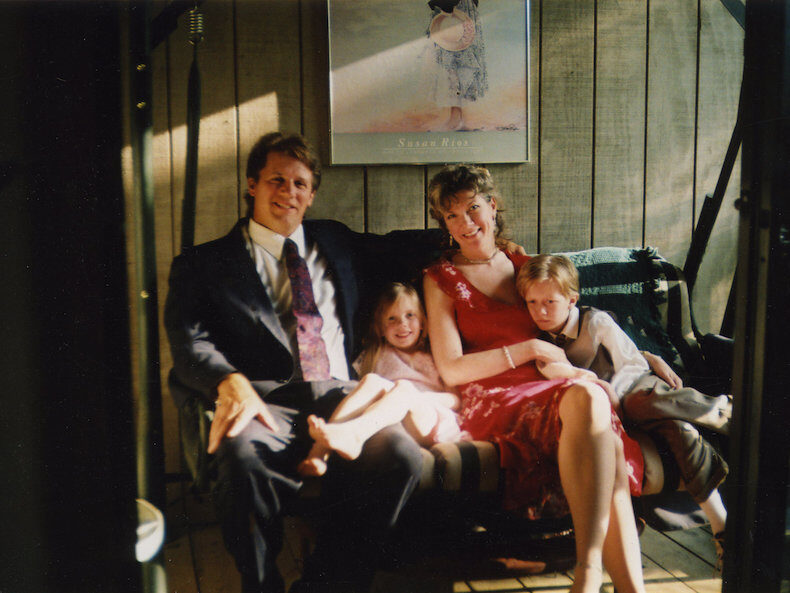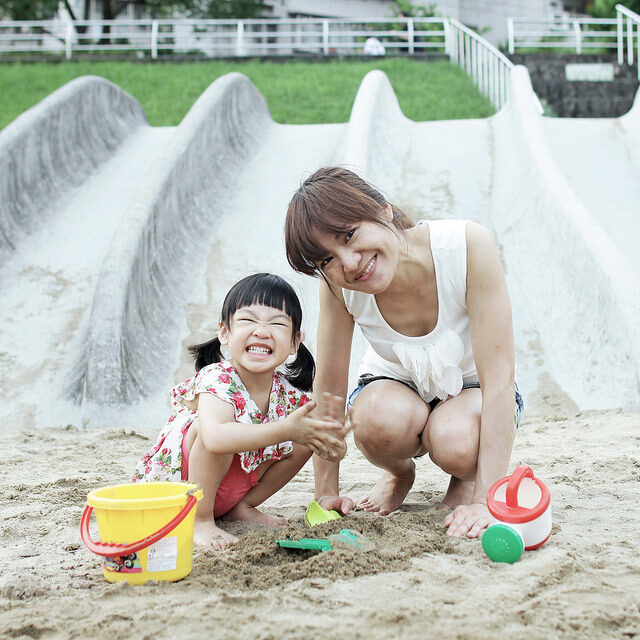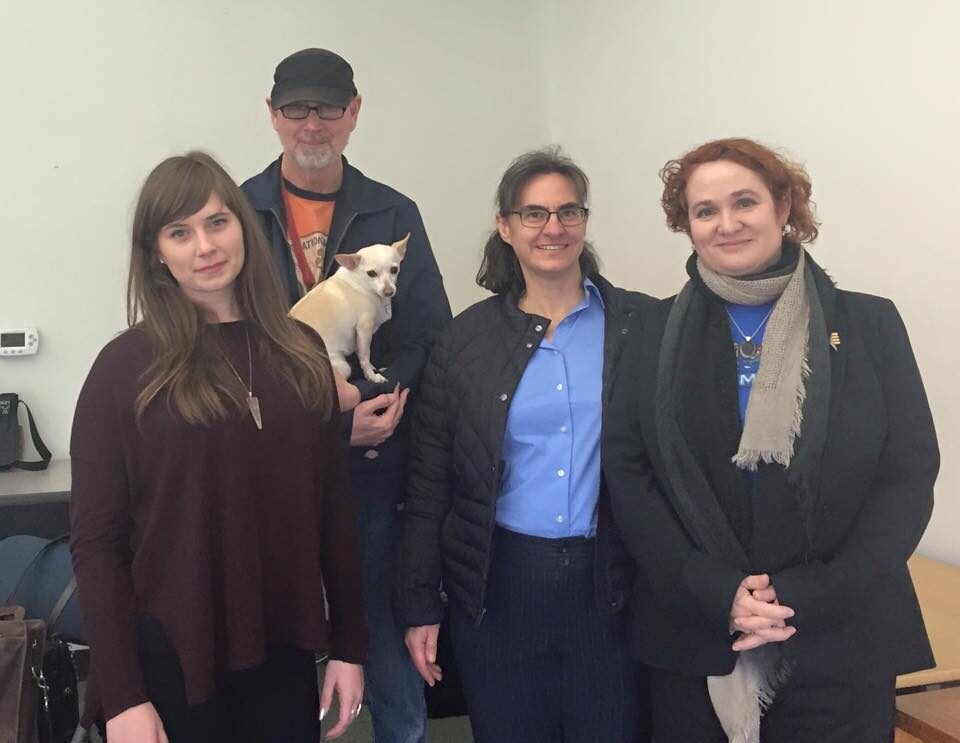Too often, people cause the “behaviour” that they blame on “real autism.” And it’s often their own approaches that need changing.
Tag: aggression
When you have a meltdown it’s as if the world is ending. Everything is too much, and you feel like an overwhelming darkness has engulfed your very being. Irrepressible anger that may seem completely irrational to an outsider can be inwardly devastating us internally.
If parents can try to figure out why autistic children have the urges to break things, and then accommodate them as much as they can, everyone can have a much easier time. Not always, but in many cases.
Photo © Tony Cheng | Flickr / Creative Commons [image: Blue medical mask painted with a toothy, red-lipped smile.] Content note: Discussion of self-injury, self-harm, and aggression. —- Of all the varied stress bombs COVID-19 has lobbed at autistic people and their families, one of the more universal is the stress caused by routine disruption, coupled with constant close quarters. Few of us are at our best under such circumstances, so we wanted to share some advice and insights from autistic people and/or parents who are experiencing what you are experiencing about handling some of the tougher aspects, like increased tendencies towards self-injury and aggression. We also want to direct people towards our existing resources: Autistic Insights on Meltdowns, Aggression, and Self-Injury Understanding Autism, Aggression, and Self-Injury: Medical Approaches and Best Support Practices Behaviour Analysis, The Autistic Way Eleven Ways You Can Make Your Autistic Child’s Life Easier First, we…
One of the families featured in A Dangerous Son (Source: HBO) [image: A white family of four, with two young kids, on a couch together.] Kit Mead kpagination.wordpress.com Content note: Discusses violence and abuse regarding children with mental illness and disability, and the Newtown shootings. I’m not going to watch “A Dangerous Son,” the HBO documentary that tells “a story about families with children who have psychiatric disorders that lead to violent behavior.” I’m going to avoid it mostly because I have already read all of those stories. Again. And again. And again. And I have found them incredibly disturbing each time—on behalf of the children who are being written off and exploited. Especially because, as Mel Baggs points out: Across violent and abusive sets of environments, we—the kids—are the only ones seen as having a violence problem. And those environments are so very often the context for “violent outbursts.” Like…
Photo: Nancy Marie Davis | Flickr / Creative Commons [image: sepia-tone print of a clenched fist, with superimposed scratched lines.] Maxfield Sparrow unstrangemind.com A little over two years ago, Crystal Garrett wrote an article for Thinking Person’s Guide to Autism about the long-term traumatic effects on her Autistic son of the restraints and seclusion used against him at school. Garrett chose to end her career as a journalist to stay at home and school Zachary herself. Garrett wrote, “We know a restraint and seclusion free environment is realistic. Virginia-based Grafton Integrated Health Network, an organization that works with children and adults with autism and co-occurring psychiatric diagnoses, went restraint and seclusion free ten years ago. Since then, their client and staff injury rate has dramatically gone down, while employee satisfaction has increased. They are now teaching their system, Ukeru, to others across the country, in order to create a trauma-informed…
Don’t take away your child’s voice; take away their suffering. ABA is a cruel response to aggressive behavior. Meet that behavior with love, calm, support, and an investigative search for the source of your child’s struggle instead.
It’s important to remember that when an autistic person is struggling or having aggression, they are not being “bad” or trying to do something to you personally—even though it can feel like that, especially if they’re screaming at you or making you angry.
Sometimes people try to get your attention by doing things that can appear to be aggressive, but they’re really saying, “I have a problem, and I need help.”
–> Shannon Des Roches Rosa Senior Editor, Thinking Person’s Guide to Autism Why do some autistic children and teens become self-injurious or aggressive? How can parents and caregivers help the kids in their care get through meltdowns safely, protect the kids themselves as well as family members, and anticipate and avoid future incidents? This was the topic of a recent workshop I moderated at Support for Families of Children With Disabilities, in San Francisco, with speakers Dr. Clarissa Kripke, Brent White, and Lindsey Anderson. The presenters covered a lot of material, which we’ll publish here in three parts: Overview (Shannon Des Roches Rosa) Medical and trauma-informed practices (Dr. Clarissa Kripke) Autistic professional and personal insights (Brent White and Lindsey Anderson) The workshop was well-attended (standing room only), engaged and productive. One of my favorite parts was that, after a short explanation of why “flappause,” or flapping one’s hands for applause,…









